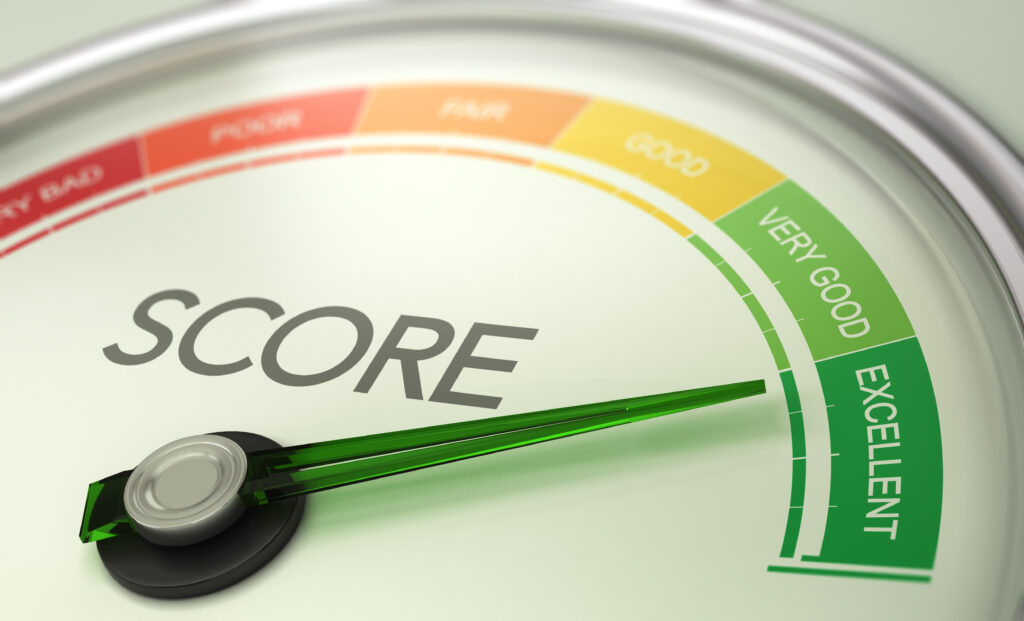
Did you know that 90% of the top lenders use FICO scores when making lending decisions? If you need a loan for a car, a house, or for personal reasons, your FICO Score will play a major role in your approval.
What if your score isn’t up to snuff? Here’s how you can start increasing your FICO Score today.
Examine your credit report for errors.
Check your credit report for inaccuracies before proceeding. Take advantage of your right to a free credit report from AnnualCreditReport.com. Once every 12 months, you can acquire a free report from all three bureaus.
Remember that your credit report will not include your credit score or FICO score.
When you have received your reports from the three major agencies, you may begin checking for errors. Errors are more common than you may believe, and they can have a significant influence on your FICO score. According to an FTC research, one in every four consumers discovered mistakes on their credit reports.
If you notice any inaccuracies in your reports, please contact the bureau to have them corrected. Correcting errors can have a significant impact on your score, especially if they are substantial.
Make On-Time Payments
Your payment history accounts for 35% of your FICO credit score. Paying your bills on time is one of the most effective ways to improve your credit score.
Late payments and collections can have a significant negative influence on your credit score. How can you ensure on-time payment?
- Set up automatic payments, or
- Set up bill due date reminders.
If you’re already behind on your expenses, do everything you can to catch up and stay current. If you need assistance, consider using a credit counselling service (which will not harm your FICO score).
Pay Off Your Debts
Debts account for 30% of your FICO score. Finding methods to pay off or reduce your debt will increase your credit utilisation (balance of debt to available credit).
Debt isn’t always a terrible thing, but if your balance is too big, it might harm your credit score.
- Maintain a low credit card balance. Your credit score could suffer if you approach too close to your credit limit.
- Pay off as much credit card debt as you can.
- Do not close accounts or shift money around. Having the same amount of debt but fewer accounts can affect your credit score.
- Begin by paying off the credit cards with the highest interest rates.
Paying off debt will improve your credit score and save you money each month.
Use Your Credit Wisely
Credit cards can help you improve your credit score, but you must use them carefully.
Every time, payment is made on time.
If possible, pay the entire balance.
Use your card only when absolutely essential.
It may be tempting to use your credit card to purchase a new television on Black Friday, but doing so will only harm your credit score if you don’t have a strategy to pay it off fast.
Following these measures can assist you in improving your FICO Score. It may take some time to see results, but if you remain disciplined, you will achieve your objectives.
